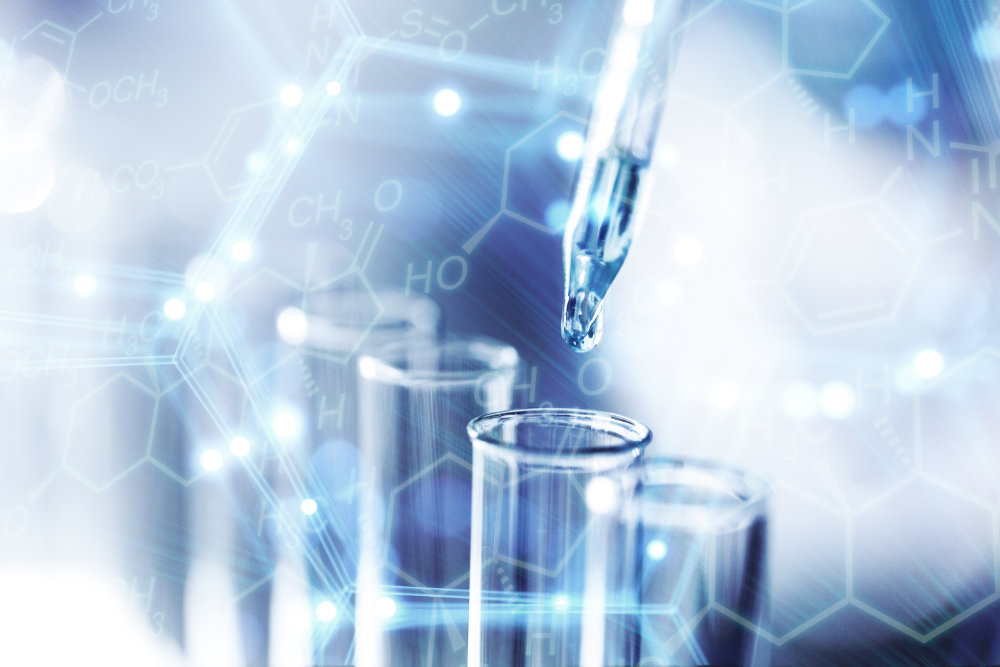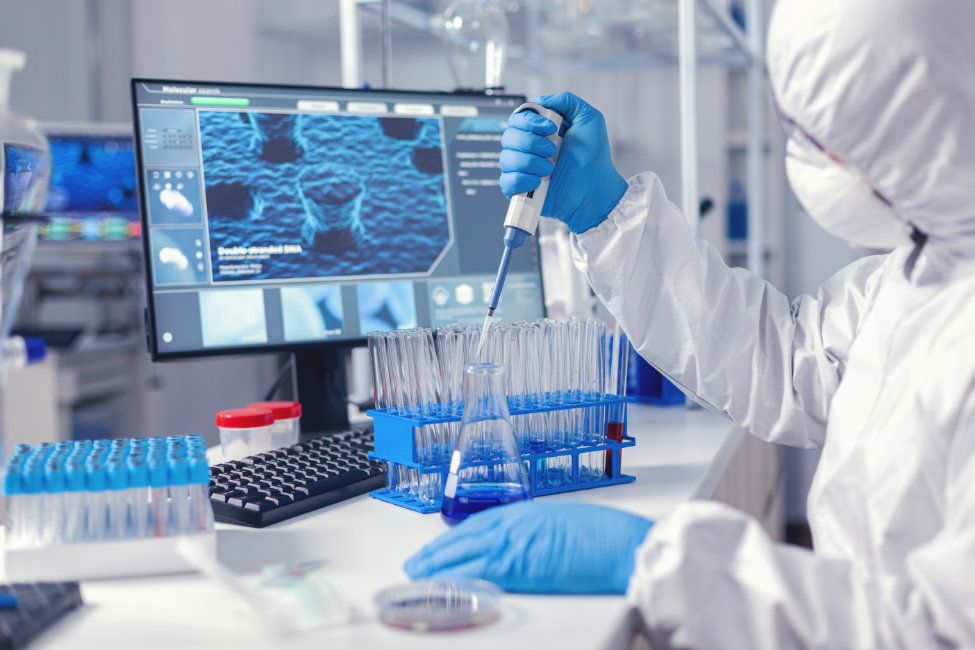CC BIOTECH(THAILAND) CO.,LTD
The Green Revolution 2.0: How Biotechnological Innovations Are Transforming Agriculture
Methakritsada
20/05/2022

In the quest to feed a growing global population, the second wave of the Green Revolution is unfolding, powered by biotechnological innovations. This new era, referred to as the Green Revolution 2.0, leverages cutting-edge science and technology to enhance agricultural productivity in sustainable ways. The focus keyphrase “Biotechnological Innovations in Agriculture” encapsulates the transformative impact of biotechnology on farming practices, crop resilience, and food security.
Unpacking the Green Revolution 2.0
The Birth of a New Agricultural Era
The original Green Revolution of the mid-20th century revolutionized food production through the introduction of high-yielding crop varieties, chemical fertilizers, and irrigation. While it significantly boosted food output, it also led to environmental and social challenges. The Green Revolution 2.0 aims to address these issues by integrating biotechnology into agriculture, promising to increase yields, reduce environmental impact, and enhance nutritional value.
Key Technologies Driving Change
At the heart of this revolution are technologies such as genetic engineering, CRISPR gene editing, and precision agriculture. These innovations allow for the development of crops that can withstand pests, diseases, and climate extremes, while precision agriculture uses data and technology to optimize both inputs and yields, minimizing waste and environmental impact.
Advancements in Crop Biotechnology
Engineering Drought-Resistant Crops
One of the most significant challenges facing agriculture today is climate change, with droughts becoming more frequent and severe. Biotechnological innovations have led to the development of drought-resistant crops, capable of thriving in arid conditions, thereby ensuring food security in vulnerable regions.
Enhancing Nutritional Profiles
Beyond yield and resilience, biotechnological innovations are enhancing the nutritional value of crops. Biofortification, for example, aims to increase the density of vitamins and minerals in crops, addressing micronutrient deficiencies in diets globally—a step forward in the fight against malnutrition.
Precision Agriculture: A Data-Driven Approach
The Role of Big Data in Farming
Precision agriculture is redefining farming practices through the use of big data, drones, satellite imagery, and IoT devices. These tools collect and analyze data on soil health, crop health, weather patterns, and more, enabling farmers to make informed decisions that optimize resource use and boost crop yields.
The Impact on Sustainable Farming
By precisely managing where and when to plant, irrigate, and apply nutrients or pesticides, precision agriculture minimizes the environmental footprint of farming. This approach not only conserves water and reduces the use of chemicals but also contributes to the overall sustainability of the agricultural sector.
Ethical and Social Implications
Navigating the GMO Debate
The use of genetically modified organisms (GMOs) in agriculture remains a contentious issue. While biotechnological innovations promise enhanced food security and sustainability, concerns persist regarding their long-term health effects, environmental impact, and the socioeconomic consequences for smallholder farmers. An open dialogue and rigorous scientific research are essential to navigate the GMO debate responsibly.
Bridging the Accessibility Gap
Biotechnological innovations hold immense potential to transform agriculture, yet their benefits must be accessible to all farmers, including those in developing countries. Bridging the accessibility gap requires concerted efforts from governments, industry, and international organizations to ensure that the fruits of the Green Revolution 2.0 are shared equitably.
Looking Ahead: The Future of Agriculture
The Potential of Synthetic Biology
As we look to the future, synthetic biology emerges as a promising frontier in agricultural biotechnology. This field involves designing and constructing new biological parts, devices, and systems, offering possibilities such as nitrogen-fixing cereal crops that could reduce dependence on synthetic fertilizers.
The Importance of Sustainable Innovation
The journey of the Green Revolution 2.0 is one of balance—leveraging the power of biotechnological innovations while ensuring environmental sustainability and social equity. The potential of these technologies to redefine the future of agriculture is immense, provided they are developed and implemented responsibly.
Conclusion
The Green Revolution 2.0, powered by biotechnological innovations, is transforming agriculture in profound ways. From enhancing crop resilience to optimizing farming practices and improving nutritional outcomes, these advancements offer hopeful solutions to some of the most pressing challenges facing global food security. As we navigate this new agricultural era, the ethical, environmental, and social considerations of these innovations will be pivotal in ensuring a sustainable and equitable future for all.
Recent Post
24 Hours Emergency Call

Focus on product research and development and technological innovation
Developed ferritin, bovine insulin, etc.
Sitemap
Contact Details
- 130/596 Moo.3 Tambol Wangchula Amphur Wangnoi Phranakhon Sri Ayucthaya
- support@domain.com
- 8 AM - 5 PM, Monday - Sunday
- (+66)02 999 9999
CC BIOTECH (THAILAND) CO., LTD.
Copyright © 2024 All rights reserved.


